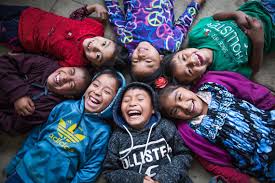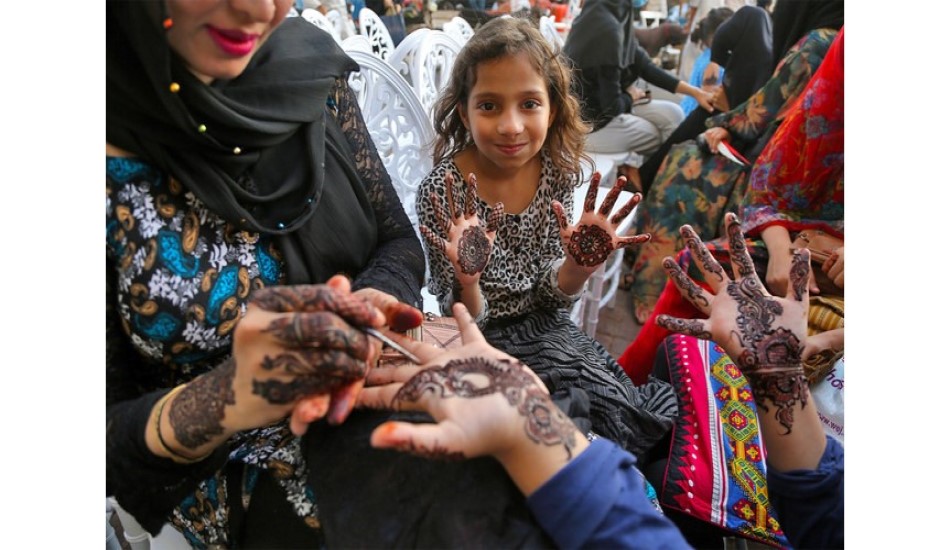Sustainable Development in Pakistan is a dream yet to be achieved. Achieving positive development is the roadmap toward a brighter, more sustainable future. To ensure these goals are met, Pakistan’s governing body and relevant stakeholders must take progressive steps leading to economic, social, and environmental development. It is a fundamental human right to achieve basic goods, food, housing, and education in the country.
Unfortunately, Pakistan ranks 92nd out of 116 countries on the list of the International Poverty Index. The rapid and escalating inflation in the country has made it difficult for citizens to utilize basic daily needs such as food, housing, education, and sanitized water. The demeaning situation in the country has made it mandatory for the governing bodies of Pakistan to take essential steps to provide a deserving living standard and facilities. Thus, this article highlights several factors government officials are implementing or should consider to accomplish sustainable development.
Education
Sustainable Development of any nation is only possible with a well-educated society. Education paves the way the various concepts and ideologies, ultimately creating a path to the pursuit of progress. Among the reasons for not attending schools in Pakistan are the high cost of school fees and the quality of public and government schools. The rich can only afford private schools with quality education; they can pay the costs. According to a UNICEF report,
Pakistan is the world’s second-highest number of out-of-school children, with around 22.8 children – below the age of 16 – not attending school. Also, gender inequality poses considerable differences in Sindh, with over half of the most unprivileged children (with a majority of 58% being girls) not allowed to attend school. While in Balochistan, around 80% of girls are out of school. Therefore, increasing opportunities for the poor who can’t afford school fees can be one factor in increasing the education level.
Additionally, enhancing quality education in public schools can give a chance to those from backgrounds with difficult circumstances. Financial aid or a loan could be an option to help create equal opportunities for students from all types of backgrounds.
Political Stability
Political instability is regarded as a severe factor causing that is harmful to the economic performance of Pakistan. The frequent switch of the governing bodies and policymakers creates unpredictability, thus, destructively affecting the macroeconomic functioning. Pakistan’s economy has been in crisis for months with political turmoil being one of the reasons. This has caused inflation to rise sharply, and the rupee value to decrease against the dollar, leading the citizens unable to meet their basic requirements.
The transparent underlying approach of the governing system needs to change to have a better impact on the economic system. The leaders need to set a proper agenda regarding how much the economy produces compared to the overall expenditure. Pakistan’s political leaders must work together and have the will to bring about such change.
Sorting political situations will result in the strengthening of the economic conditions and destress the undesirable conditions of the masses. The road to recovery will be harsh, difficult, and require substantial capabilities, resources, and resolved conflicts in the political government system.
Women’s Rights and Gender Equality
Gender discrimination in Pakistan has caused women to feel insecure about their financial and legal protection. The Women, Peace, and Security Index shows Pakistan ranking 167th out of 170 regarding women’s welfare and livelihood. Some women in rural areas are not allowed to pursue education due to cultural pressure and the mentality that only the males of the house can attend educational institutions.
Statistics by the United States Institutes of Peace (USIP) show the literacy rate of women is 22% less than men. Additionally, the government of Pakistan fails to provide security for women of the lower social class and provide them with funds to run their households. This leads them to work as house help or cleaners to earn a minimum wage, which is not enough to get basic needs.
To sort out gender inequality, the Pakistani government has made improvements by passing pro-women legislation, Anti-rape Ordinance, and National Gender Policy Framework. The United Nations has aligned with Pakistan to cooperate and assist with the agenda of women’s empowerment and equality, which may result in constructive sustainable development.
Legislative Regulations: What steps are being taken?
Pakistan has given importance to the Sustainable Development Goals (SDGs) to make the country a part of the upper-middle-class countries by 2030. In affiliation with the United Nations, the SDGs became required National Development Goals passed by the National Assembly of Pakistan. The SDG project is based on creating universal peace at a local and international level and working towards the betterment of the country.
It also emphasizes eliminating extreme poverty levels, which has been one of the main problems in Pakistan. The agenda also highlights the importance of gender equality between men and women and motivates people to empower girls in the community. Pakistan’s primary focus has been applying SDGs to planning procedures, availing new opportunities, creating positive social change, and expediting the country’s overall progress.
Some aspects of the SDG agenda include No poverty, No hunger, Quality Education, Reduced Inequalities, Climate Action, and Affordable and Clean Energy.
Overview
To conclude, Pakistani society is dynamic, which is in between traditional and modern influences. It is currently in the transitional phase of following the Western and more ‘open-minded’ approach. This is the case with the elite, whereas the middle and lower classes are yet to adapt to the changes.
Thus, the government and significant leaders of the country need to take a few steps to boost the progression of the masses and ensure peace and harmony in their daily lives. Perspective.pk is a non-profit organization that works to enforce education, positive social change, and sustainable development in the community.
Check out our website for more exciting insights and get access to informational articles to boost your knowledge. This article is published at https://www.linkedin.com/pulse/potential-factors-sustainable-development-pakistan-perspectivedotp


[…] skills. Find the skills you are interested in and those that will help you propel forward in your professional life. It can be learning a foreign language, web development or graphic designing. You may become so […]
[…] Political Advertising: Implement regulations that require transparency in political advertising on social media. Ensure […]